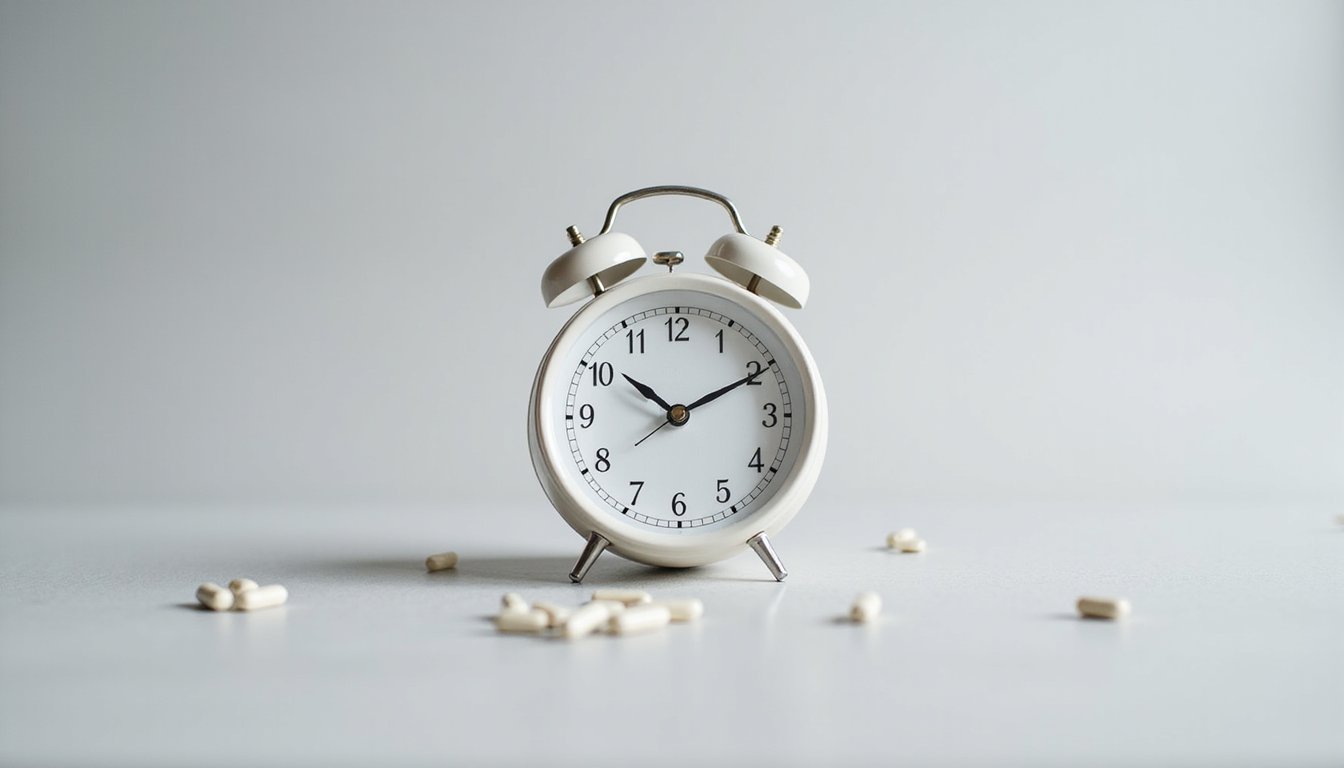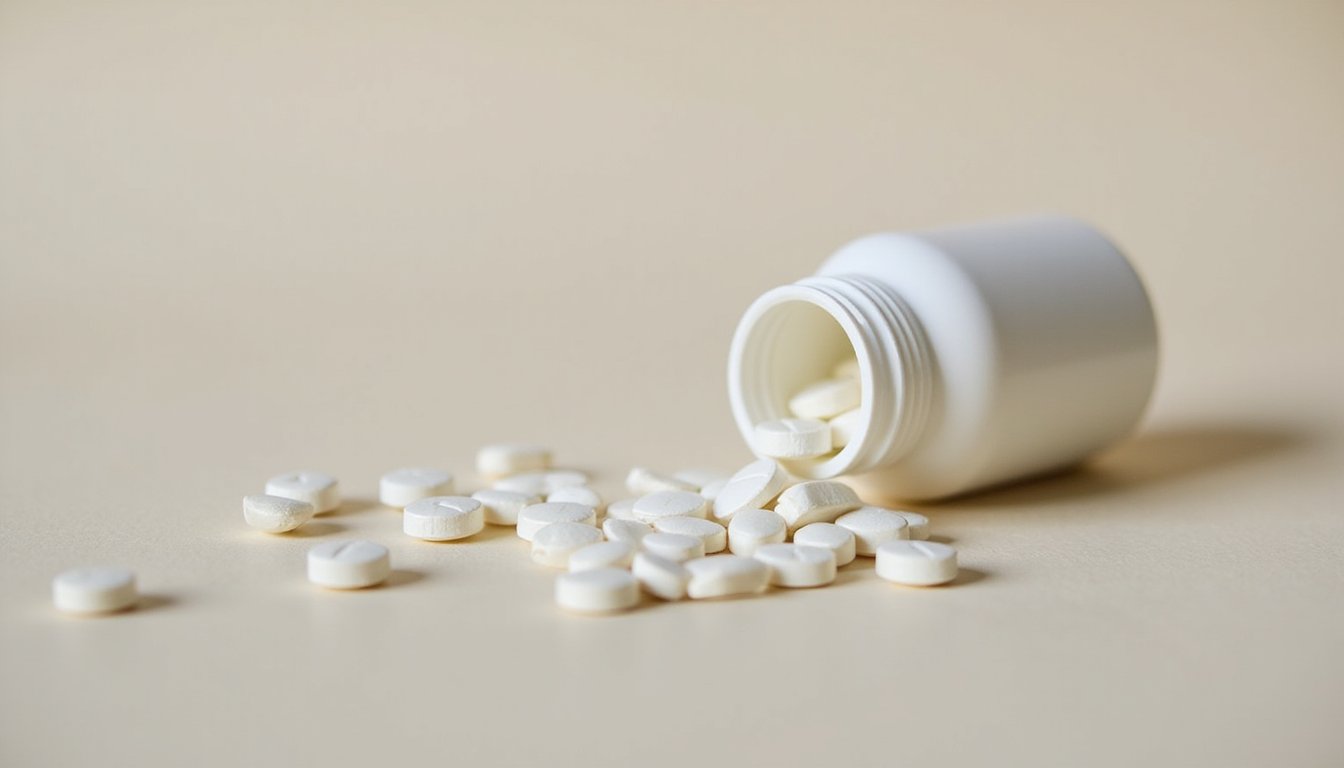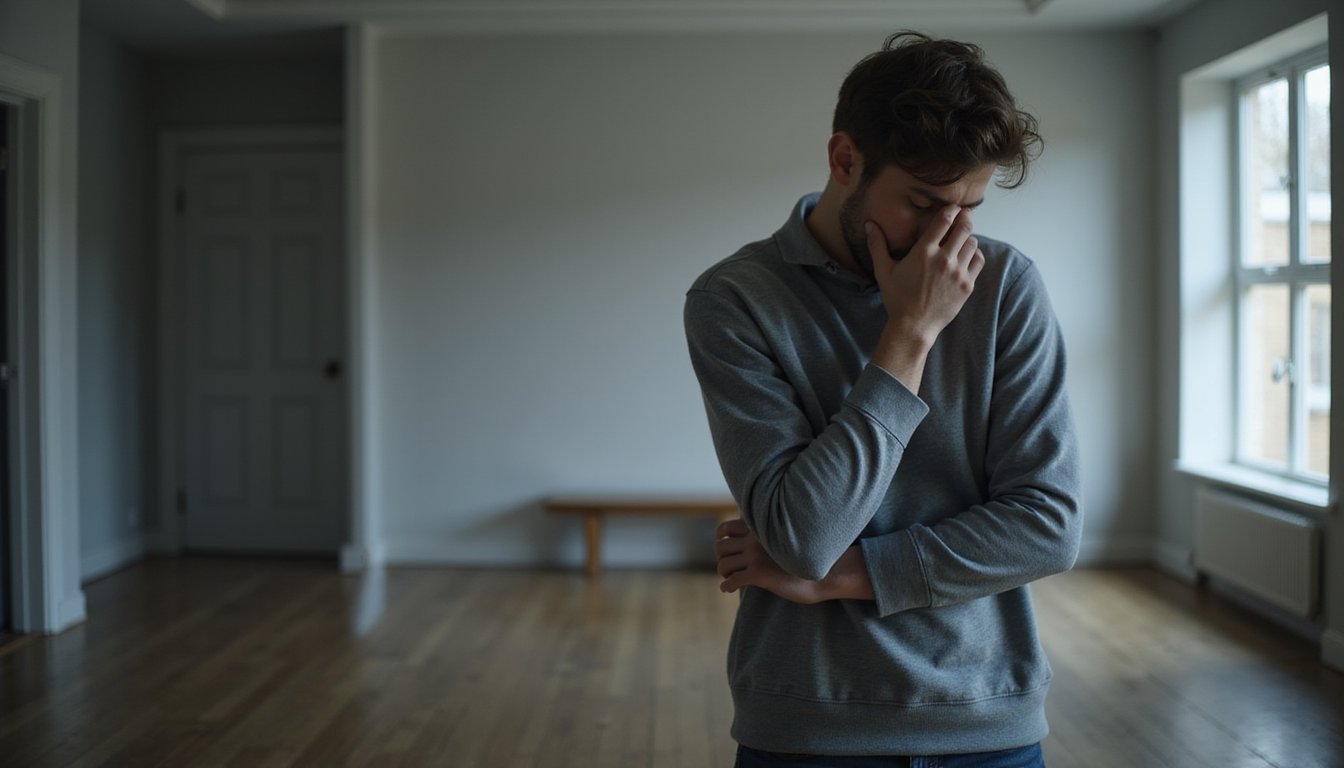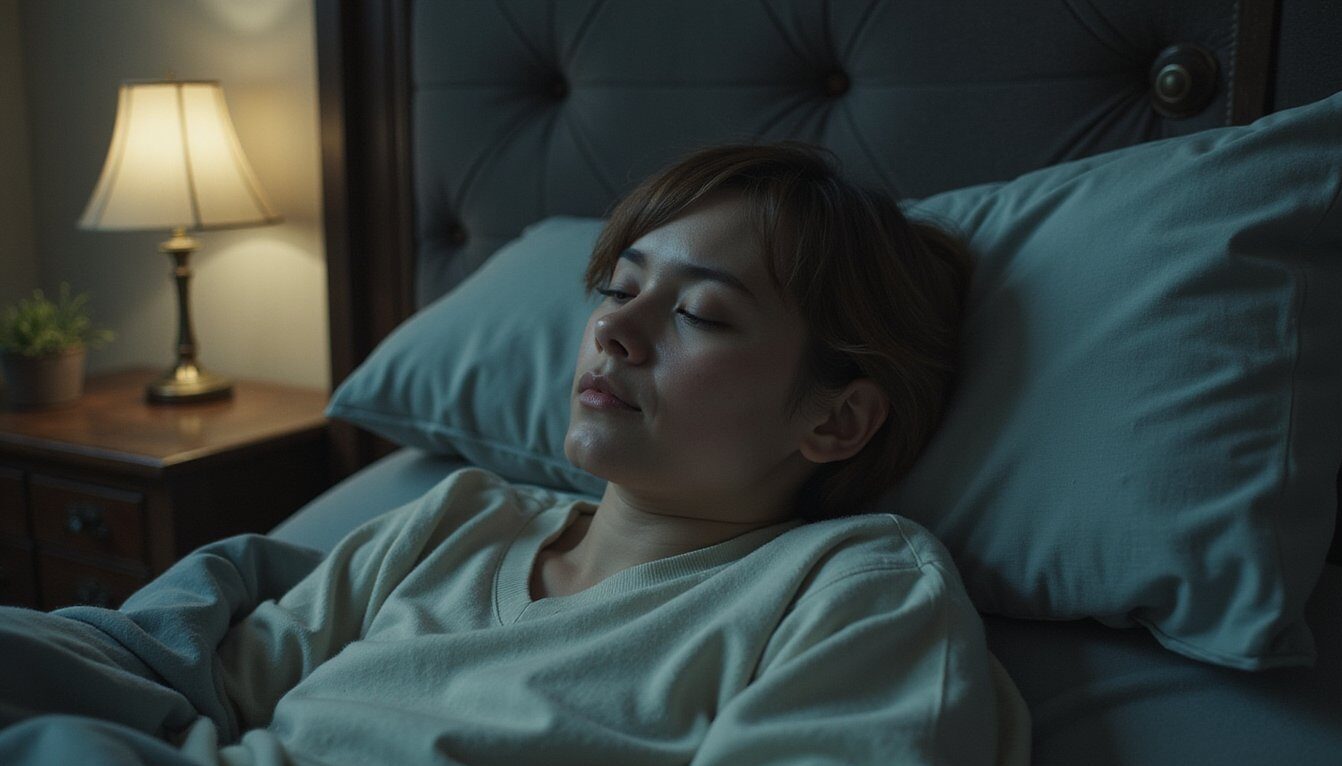Understanding Short Depressive Episodes and How to Treat Them
Short depressive episodes are characterized as periods of depression that typically last less than two weeks at a time. Repeated episodes become a disabling disease called recurrent brief depression. With this type of illness, episodes typically last around three days, with all other factors fulfilling the symptoms of major depression. Episodes can be erratic, with a new episode showing up a couple of weeks or more after the end of the previous one. Recurrent brief depression is rather common, and those suffering from it should seek out help, as the episodes may be chronic and, like all forms of depression, there is a higher likelihood of substance abuse or suicide risk.
Types of Depression
When looking at recurrent brief depression, it is also important to be aware of these other prominent types of depression.
Major Depression
This is the most classic form of depression, characterized by an all-consuming feeling of darkness where a client loses interest in a range of activities, including ones that they typically find pleasurable. When suffering from a major depressive episode, clients may have a feeling of worthlessness, have difficulty sleeping, and experience a significant loss of energy. An episode may be classified as major depression should it last longer than two weeks.
Persistent Depressive Disorder
This type of depression was formerly known as dysthymia. It is characterized by a gloomy mood that has been consistent for at least a period of two years. The intensity level may not reach the point of major depression, and many clients are able to manage to handle daily activities. Nonetheless, these activities hold little or no joy for the sufferer of persistent depressive disorder. Symptoms are congruent with other types of depression, including changes to sleep or appetite patterns, energy level, optimism, and self-esteem.
Bipolar Disorder
Bipolar disorder was once known as manic depressive disease, and those afflicted can have depressive episodes. These depressive episodes are countered by periods of atypical energy and activity levels. This is when the client is feeling manic and may display feelings of grandiosity, less need for sleep, a higher degree of productivity, and an escalated pursuit of pleasure. These feelings can feel fantastic, but they are short-lived and then lead to an extreme depressive crash.
Seasonal Affective Disorder
When depression comes as the hours of daylight diminish in the fall and winter months, it is known as seasonal affective disorder (SAD). This may be due to a diminished amount of serotonin and melatonin, light sensitivity, or alterations in the body’s daily rhythm.
Perinatal Depression
This, one of two forms of depression experienced by women only, can occur during pregnancy or up to the first 12 months after delivery. When these depressive episodes occur post-delivery, it is commonly known as postpartum depression.
Premenstrual Dysphoric Disorder (PMDD)
The symptoms of this form of depression can typically begin just before ovulation in women and last up to the beginning of menstruation. With psychological symptoms that are more severe than normal premenstrual syndrome (PMS), premenstrual dysphoric disorder can interfere with daily functioning and include thoughts of suicide.
Why Is It Dangerous to Leave Depression Untreated?
Depression is a serious disease that can cause a wide array of life problems if left untreated. Here are some of them.
Relationships
The relationships in a client’s life can be severely impacted by depression. This impact can be felt in
every relationship in a person’s life, from romance to interactions with family, friends, and colleagues.
How Depression Affects Romantic Relationships
Psychologists say that everything is harder in a romantic relationship when dealing with the symptoms of depression, such as irritability, a lack of interest in activities, a decline in energy, and fatigue. One study found that couples have stated that depression affected their relationship negatively by causing an emotional toll, making communication difficult, creating feelings of isolation, and leaving a partner to feel uncertainty in the relationship. In discussing how depression can impact a romantic relationship, psychologist Sarah Rattray, Ph.D., said that a client could feel pushed away from a partner, feel burdened by having to keep up with couple-oriented activities and lose interest in sex.
How Depression Affects Other Relationships
When suffering through a depressive episode, it is possible to have less of an interest in spending any time with friends and family members. It may also be more difficult to find work engaging.
Physical Effects of Depression
As noted in the WedMD post above, there is significant evidence that untreated depression can take a major toll on your physical health. Studies have shown that those who are in recovery from strokes or heart attacks and suffering from depression have greater difficulty making choices about their healthcare. Those dealing with depression can have a harder time coping with the challenges of an illness. Depression can also cause a slew of medical issues over time connected to changes in sleep patterns and weight.
Alcohol and Drug Use
When a client is depressed, there can be a temptation to relieve the symptoms with the assistance of drugs or alcohol. It is estimated that one-third of those with clinical depression attempt to self-medicate by engaging in substance abuse. These intoxicants may relieve the symptoms in the short term, but they can ultimately make the symptoms more severe. Those suffering from depression have a 10% risk of suicide, which rises to 25% when substance abuse also becomes a factor.
If treating depression with substance abuse, there is also the risk of becoming dependent and addicted. When addicted to a substance, you become reliant upon its effects, and it takes an ever-increasing amount to fight off the symptoms of depression. Then, the feelings related to the addiction can make the depression even worse. Whether deciding to stop using the substance or having trouble obtaining it, a client may have to face the difficulty of going through the symptoms of withdrawal. Avoiding having to go through withdrawal can lead to high-risk behaviors in order to keep the substance in ready supply.
Symptoms of Substance Use Disorder (SUD)
If you or someone you know is suffering from depression and has turned to substance abuse, here are some indicators that the abuse has turned into addiction:
• There is a feeling that the substance needs to be taken on a regular basis.
• The desire to use the substance overrides any other thoughts.
• There is an ever-increasing amount of the substance that needs to be taken to achieve the same effect.
• Making sure that there is a steady supply of the substance, regardless of whether it is affordable
• Not meeting responsibilities or limiting social interaction because it interferes with usage
• Continued use of the substance, even with the knowledge that it is causing problems in one’s life
• Engaging in high-risk behaviors in order to obtain the substance
• Activities around the substance begin taking up a significant amount of time
• Failed attempts to stop the usage of the substance
• Experiencing withdrawal symptoms during attempts to stop usage
Withdrawal Symptoms
The withdrawal symptoms that come with cutting back on or eliminating the usage of a substance that one is addicted to can vary according to the type of substance, how long the substance has been abused, physical health, age, mental and emotional factors (including depression), and the method used to treat the withdrawal symptoms.
Common withdrawal symptoms include:
• Sleeplessness
• Anxiety
• Depression
• Body aches
• Hallucinations
• Diarrhea
• Tremors
• Hot and cold flashes
• Sweating
• Irritability
• Paranoia
• Confusion
• Seizures
Treatment options
If you are suffering from depression, addiction, or both, it is important to understand that there is help available. Neither of these issues should be handled without the support that is available. Taking the necessary steps to admit there is a problem and that help is needed can begin the process of moving toward a better tomorrow.
Treating depression
Depression is treatable, and the earlier treatment begins, the faster healing can start. Various treatment options are available. Generally, clients find that a combination of approaches is the most beneficial.
Medication
Prescription antidepressants provide one way of treating depression. There are a variety of these medications, and it is common to try different ones until the right match is found, as what works well for one client may not have the same effect on another. Anti-anxiety medications may be prescribed along with antidepressants. Types of antidepressants include monoamine oxidase inhibitors (MAOIs), serotonin-norepinephrine reuptake inhibitors (SNRIs), tricyclic antidepressants (TCAs), and selective serotonin reuptake inhibitors (SSRIs).
With many options available, it is important not to get discouraged if the first prescribed antidepressant does not solve the issue.
Therapy
Therapy sessions with a trained mental health professional can go a long way in the treatment of depression. Therapy can help define the triggers of a client’s depression, identify harmful beliefs, assist in the creation of more healthy beliefs, and provide coping strategies to use when negative situations occur.
Hospitalization
When dealing with severe depression, hospitalization is sometimes necessary. This is most often the case if it is found that a client is unable to keep themselves safe or take care of themselves. During hospitalization, the medication regimen that the client is on may be reassessed or modified, and individual or group therapy may be encouraged.
Electroconvulsive therapy (ECT)
Electroconvulsive therapy is not very common, but it can sometimes be effective for treating depression when other treatment options have not achieved the desired results.
Self-Care
There are things that an individual can do on their own as part of a treatment plan for depression that incorporates some of the options above. Lifestyle choices can play an important role in treatment when combined with medication and/or therapy. Beneficial choices may include following through on a treatment plan, abstaining from unprescribed drugs, getting fresh air and exercising regularly, eating a healthy diet, and getting regular and adequate sleep.
Treating Addiction
While there is no cure for drug addiction, there are treatment options for overcoming addiction in order to live free from drugs. These options include treatment programs, detox therapy, certain medication aids, behavioral therapy, and self-help groups.
Treating Co-occurring Depression and Addiction
If there is a dual diagnosis of addiction and depression, it is important to make sure that both conditions are treated. Treatment may include therapy, medicine, and support groups.
Getting Help
If you or someone you know is suffering from the short depressive episodes that are known as recurrent brief depression, you need to seek help. Resources like the National Depression Hotline are available to help people through the difficulties of depression and find solutions. These resources can also guide you on how best to manage depression when it is compounded by addiction. You are not alone, and by reaching out for help, you’ll be taking the first step toward a brighter future.






